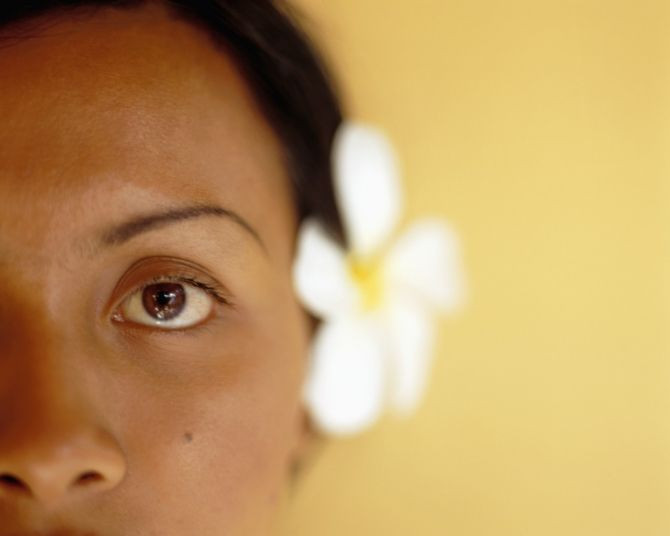Island Descendants of 1789 Bounty Mutineers May Hold Genetic Clues to Myopia

Descendants of the sailors involved in the infamous 1789 Bounty mutiny who now live on an isolated Pacific Island have among the lowest rate of myopia or short-sightedness in the world, and may hold the key to unlocking the genetic code for the eye disease, according to Australian researchers.
The mutiny occurred aboard the HMS Bounty, a British Royal Navy ship, in 1789. The mutiny was led by Fletcher Christian. Some of the mutineers settled in Tahiti while others, including Christian, settled on Pitcarin Island.
Over the past five years, Professor David Mackey from the Lions Eye Institute in Perth and his research team studied the eyes of people on Norfolk Island, where 50 percent of the population can trace their ancestry back to nine Bounty sailors who settled at Pitcairn Island after the mutiny in the 18th century and later moved to Norfolk Island.
The study, published in the journal Investigational Ophthalmology and Visual Science consisted of 1,275 permanent residents on Norfolk Island over the age of 15 years old.
Mackey and his team found that while most Norfolk Island residents had about the same rates of myopia as the Australian population at about 16 percent, the rate of short-sightedness among the descendants of the nine Bounty sailors and their Polynesian wives was half of the Australian population.
"One component of the study has found the prevalence of myopia (near-sightedness) on Norfolk Island is lower than on mainland Australia," Mackey said, according to AFP. "But there was a two-fold higher prevalence of myopia in people without Pitcairn ancestry."
"We found the rate of Pitcairn group myopia is approximately one-half that of the Australian population and as a result would be ranked among one of the lowest rates in the world," he said.
Although researchers were unable to conclude why levels of short-sightedness was lower in the descendants of the mutineers, they say that the findings suggest that the differences show that genetic factors contribute to myopia, as does spending too little time in the sun.
Previous research found that a lack of sunlight may contribute to short-sightedness, because scientists believe that the sun's rays stimulates production of the chemical dopamine, which in turn stops the eyeball from growing elongated, which can distort the focus of light entering the eye.
Published by Medicaldaily.com



























